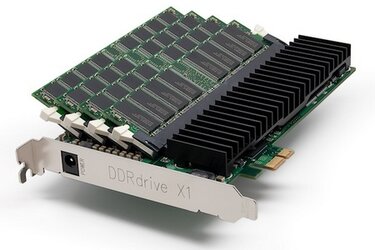- Joined
- Aug 2, 2012
- Location
- Dayton, Ohio
I know some video cards have "GDDR5" and RAM has DDR2/DDR3 now but whats to come? how soon will we see DDR4 (some kinds of upgrade) or will SSD's take its place?
also take a look at this!
http://www.itechnews.net/2009/05/06/ddrdrive-x1-ram-based-pci-e-ssd/

also take a look at this!
http://www.itechnews.net/2009/05/06/ddrdrive-x1-ram-based-pci-e-ssd/

Last edited:
